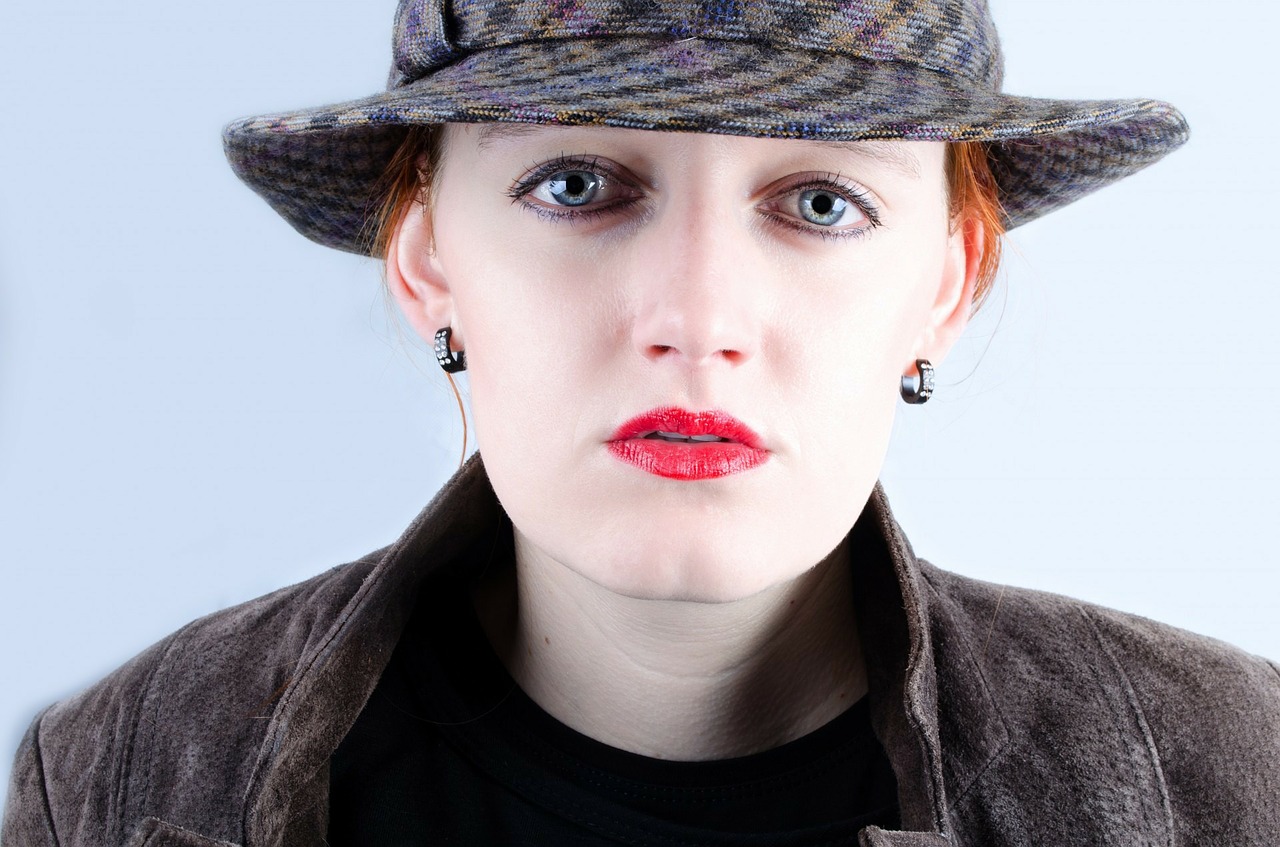Treatment Approaches for Recreational Ketamine Abuse
Those who use ketamine recreationally have been known to experience issues similar to other addiction syndromes, such as binge use, tolerance, and dependence (National Institute on Drug Abuse). While many people who take ketamine to feel its dissociative effects believe there is no harm in it, addiction can surface as well as many other serious side effects. Therefore, treatment for ketamine abuse is often necessary.
Why Will I Need Treatment for Ketamine Abuse?
According to the Center for Substance Abuse Research, “Ketamine has a great deal in common with other drugs linked with dependence including stimulants, opiates, alcohol, and cannabis.” These substances can all cause someone who has been abusing them for a prolonged amount of time to require treatment. In order to fully recover from consistent substance abuse of any kind and to minimize the possibility of relapse, you will require treatment.
Those who abuse ketamine recreationally do not often realize that the drug can cause the same physical and psychological effects other drugs of abuse cause and that these will need to be remedied with professional treatment. Though there is no official treatment option available for ketamine use disorders as of yet, there are many approaches that have been found to be beneficial for addicts across the board.
Behavioral Therapy
Behavioral therapies can help patients examine their addictions, their substance abuse, and the other issues in their lives and make real change. For example, as stated by the NIDA, “Individuals in cognitive-behavioral therapy [a type of behavioral treatment] learn to identify and correct problematic behaviors by applying a range of different skills” like:
- Identifying triggers and practicing how to handle them in real world experiences
- Learning to cope with stress
- Self-monitoring for cravings
- Exploring the consequences––both positive and negative––of continuing to use drugs recreationally
An individual in CBT can also be treated for comorbid mental disorders such as anxiety disorders, depression, bipolar disorder, etc., as these often lead to drug abuse. Different types of behavioral therapies, including contingency management or family therapy, may be helpful as well. The latter would be especially beneficial to adolescent and young adult patients, of which the majority of ketamine users are.
Medications
While there are currently no medications approved by the FDA to treat ketamine abuse specifically, a patient may be able to receive medication to treat certain issues associated with their dependence and withdrawal from the drug. Many people complain of depression as a severe symptom of the drug’s withdrawal syndrome, and those who experience it could possibly be given antidepressants. Although this won’t treat their substance abuse issues, it can minimize the effects of their depression, making it easier for them to focus on their behavioral treatments.
The Ketamine Abuse Cycle and the Need for Ketamine Addiction Treatment
Seek Ketamine Abuse Treatment Now
If you have been abusing ketamine recreationally, even for just a few weeks, you are putting your mind and body at great risk. The recreational use of this drug is not approved and can cause serious side effects, even a deadly overdose syndrome. Attending treatment can help you stop abusing ketamine for good and make a change in your life for the better.
Call 800-915-1270 (Sponsored) today if you would like to learn more about the drug or find an addiction treatment center near you.

 Dangers of Ketamine Abuse That You Should Know -
Ketamine is not intended for human consumption, and is a dangerous drug. When abused, it can cause serious health problems, and dangerous hallucinations that lead to accidents.
Dangers of Ketamine Abuse That You Should Know -
Ketamine is not intended for human consumption, and is a dangerous drug. When abused, it can cause serious health problems, and dangerous hallucinations that lead to accidents.  The Ketamine Abuse Cycle and the Need for Ketamine Addiction Treatment -
The potential for psychological dependency and overdose make it imperative that you seek treatment for ketamine addiction
The Ketamine Abuse Cycle and the Need for Ketamine Addiction Treatment -
The potential for psychological dependency and overdose make it imperative that you seek treatment for ketamine addiction  Do I Need Treatment for Ketamine Abuse? -
Observe your ketamine abuse habits and behavior to indicate whether or not you should seek help
Do I Need Treatment for Ketamine Abuse? -
Observe your ketamine abuse habits and behavior to indicate whether or not you should seek help  I Use Ketamine at Parties: Am I an Addict? -
If you use ketamine recreationally, you may think you're being safe. Unfortunately, this practice often leads to dependence and an eventual addiction syndrome.
I Use Ketamine at Parties: Am I an Addict? -
If you use ketamine recreationally, you may think you're being safe. Unfortunately, this practice often leads to dependence and an eventual addiction syndrome.  Who Abuses Ketamine? -
Ketamine is a popular club drug that is also commonly used by sexual predators to sedate their victims.
Who Abuses Ketamine? -
Ketamine is a popular club drug that is also commonly used by sexual predators to sedate their victims.